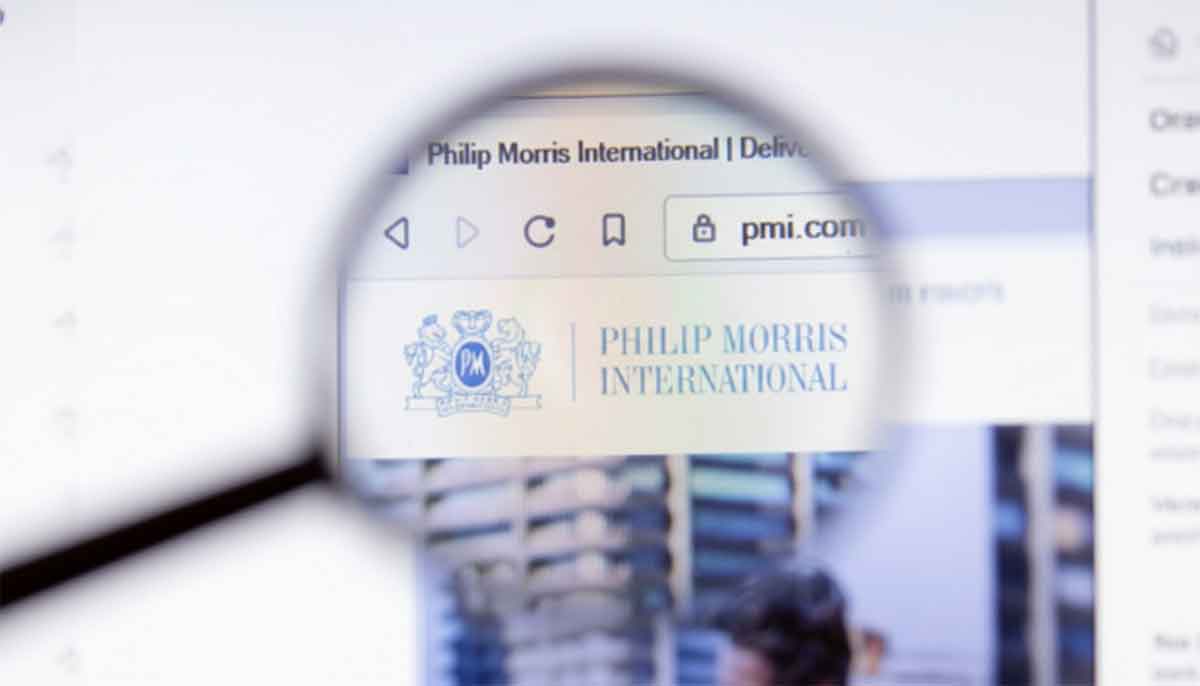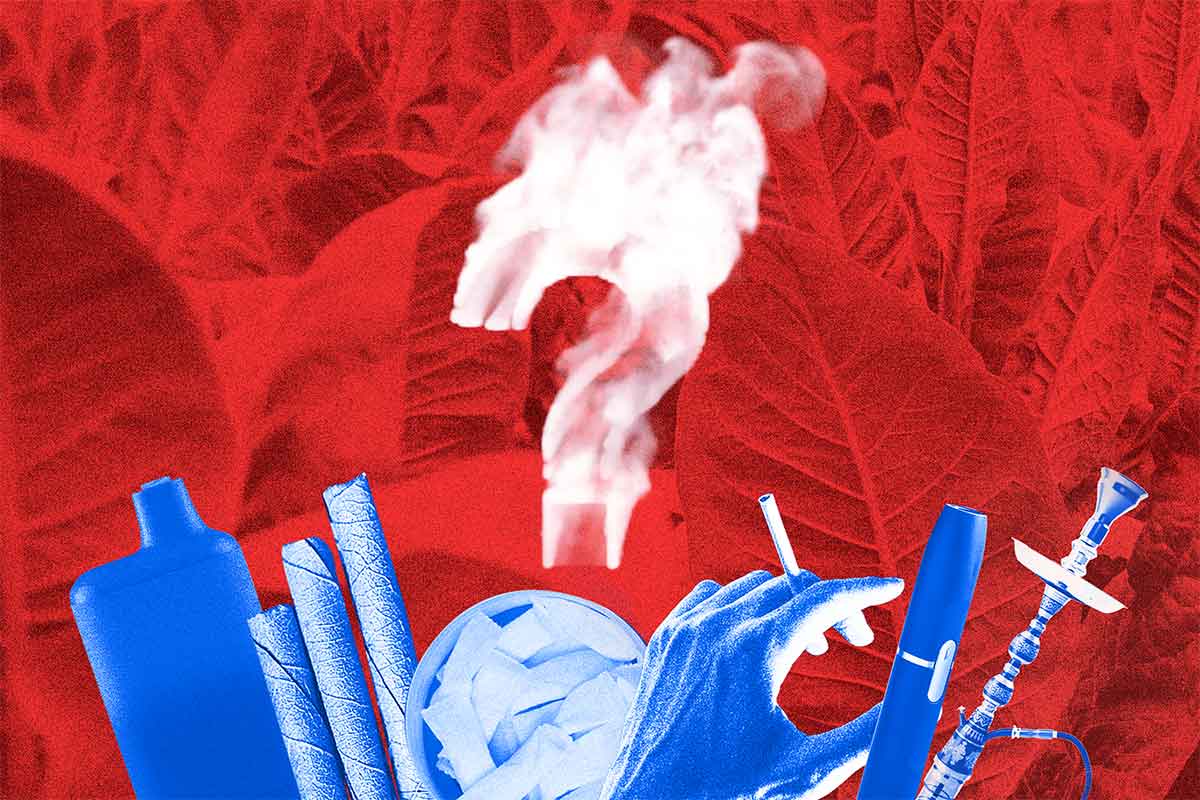- Resources
- News
-
-
Now Accepting Grant Funding Applications
Ready to tackle industry interference? Apply by February 25.
-
Get Email Updates
Sign up for STOP's emails and never miss an update on our latest work and the tobacco industry's activity.
-
Share a Tip
Do you have information on tobacco industry misconduct in your country? Let us know.
-
Now Accepting Grant Funding Applications
Next Generation Addiction
June 27, 2024

Read this press release in Spanish, Portuguese or Turkish.
(Bath, UK and New York, June 27, 2024) — As one of the world’s biggest cigarette corporations, Philip Morris International (PMI), attempts to reposition itself in an era of declining smoking rates, it is accelerating its efforts to attract new generations of tobacco consumers to its IQOS heated tobacco product (HTP). A new analysis of leaked documents from Philip Morris Japan (PMJ) by tobacco industry watchdog, STOP, reveals that PMJ meticulously planned to influence policymakers, medical professionals, businesses and consumers to manufacture widespread acceptance of IQOS and grow sales.
“Today Japan, Tomorrow the World: Philip Morris Japan’s Leaked Marketing Blueprint for IQOS” analyses an April 2019 internal business strategy document from PMI’s Japanese subsidiary and details how PMJ planned a multi-pronged strategy to influence policymakers at a local, regional, national and even international level. The STOP brief also cites evidence that PMI may be deploying similar tactics in other countries, potentially creating a new kind of tobacco epidemic with its IQOS HTP.
While PMI claims that IQOS is only for adult smokers, the leaked marketing document suggests PMJ was vying to reach a much broader audience for its new addictive product to help “accelerate acquisition” of new IQOS users. This adds to a body of evidence showing that PMI markets IQOS in ways that appeal to the general public, not just smokers. Previous investigative reporting suggests IQOS is marketed toward young people and even schoolchildren.
The PMJ document also confirms that PMJ was working to sustain its position as the second-biggest seller of cigarettes in Japan while promoting its ‘smoke-free’ narrative.
According to the document, PMJ appears to lobby for IQOS use to be permitted in places where smoking is banned, for endorsements of the industry’s unproven claims around harm reduction, and for HTPs to be taxed at a favorable rate to ensure affordability. Targets for endorsements included politicians, medical groups, Japan’s Fire and Disaster Management Agency, and hospitality groups which, if secured, could give the appearance of organic, widespread acceptance of IQOS. Aiming to have a presence at the Tokyo Olympics echoes a known industry tactic of advertising addictive, harmful tobacco products at sports events- associating these products with health, misleading consumers, and reaching children and young people.
“It’s increasingly clear that Philip Morris International’s latest promises cannot be taken at face value,” said Jorge Alday, Director at STOP. “PMI’s intentions with IQOS seem to extend far beyond what they’ve stated, and the idea to promote it via the Tokyo Olympics is just one glaring example. This revelation adds weight to the mounting evidence questioning the credibility of PMI’s claims about their intentions and their products. Disturbingly, it hints at a broader pattern of deceptive tactics, potentially laying the groundwork for a new chapter in the tobacco epidemic.”
The STOP analysis cites media reports that suggest PMI may be attempting to cultivate similar influence in other countries, with outreach to government ministers and local councils in the U.K., a national network of lobbyists in the U.S., plans to sell IQOS in pubs, bars and clubs in Australia, targeting of the tourism and hospitality industry in Greece, and attempts to recruit dentists as IQOS advocates in Germany.
Other Leaked Documents Raise Concerns About Covertly Funded Science in Japan
Additional documents from Philip Morris Japan revealed covertly funded research conducted before and in the same timeframe as the marketing document. An analysis of those documents by researchers at the Tobacco Control Research Group at the University of Bath was published today in Nicotine and Tobacco Research. They show the company covertly funded a study by Japanese academics and hired a Japanese life science consultancy to undertake extensive science-adjacent work in order to create a favorable environment for IQOS.
“Biased science and scientific messages muddy the information environment, making it harder for policymakers and the public to make informed choices,” said Dr. Sophie Braznell, Research Associate at the University of Bath’s Department for Health and lead author of the academic paper. “Evidence continues to emerge contradicting PMI’s claims that the company and its products can reduce smoking and its related harms. Consumers, scientists, journalists and policy makers should be extremely skeptical of PMI, its science and its so-called “reduced risk” products.”
Please contact the STOP press office for more information or to speak to a STOP spokesperson.
Notes to Editors
IQOS is neither risk-free, nor smoke-free
While PMI markets IQOS as ‘smoke-free’, independent scientists have concluded that IQOS emissions fit the definitions of both aerosol and smoke. And according to PMI’s own published research, at least 80 chemicals have been found exclusively in IQOS emissions or in higher amounts than cigarette smoke. Of these, four were identified as possible or probable human carcinogens; 19 other chemicals generated alerts in a tool, (Q)SAR, that is designed to predict chemical safety, and nine additional chemicals were identified as being of toxicological concern.
Japan’s tobacco market
Japan Tobacco International has historically dominated the Japanese cigarette market and says it continues to hold approximately 60 percent of the market. PMI ranks second, with its cigarettes estimated to account for somewhere between a fifth and a quarter of the market. According to the WHO Global Report on Trends in Prevalence of Tobacco Use 2000–2030, rates of tobacco use among people aged 15 years and older have declined steadily in Japan, from 31.7% in 2000, to 27.2% in 2005, 23.6% in 2010, 20.4% in 2015 and 17.7% in 2020.
Nicotine-containing e-cigarettes are illegal in Japan, which means less competition for heated tobacco products. These products are estimated to account for more than a third of Japan’s tobacco market, with PMI’s IQOS product having an estimated 70 percent share.
Tobacco control regulations are more lenient in Japan than in comparable countries. There are many exemptions to the country’s smokefree laws (implemented in 2020), tobacco advertising is ‘self-regulated’ by the industry rather than comprehensively banned, and cigarette prices remain among the most affordable in the world. The country ranks third-worst at protecting policy from industry influence, according to the Global Tobacco Industry Interference Index.
About STOP
STOP is a network of academic and public health organizations operating globally as part of the Bloomberg Initiative to Reduce Tobacco Use. STOP connects experts in all aspects of the tobacco industry’s business to expose and counter its relentless efforts to sell harmful, addictive products.



